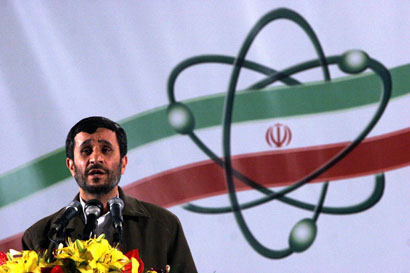Since the start of the US nuclear negotiations with Iran, both Israeli and Saudi officials have indulged in highly publicised handwringing over their belief that such a nuclear deal would represent a fundamental strategic shift in US policy towards the region at the expense of its traditional alliances with Israel and Saudi Arabia.
But the Obama administration is no more likely to lurch into a new relationship with Iran than were previous US administrations. The reason is very simple: The US national security state, which has the power to block any such initiative, has fundamental long-term interests in the continuation of the policy of treating Iran as an enemy.
Some in the Israeli camp have spun elaborate theories about how the Obama administration’s negotiations with Iran represent a strategic vision of partnership with the Iranian regime.
Typical of the genre is former Bush administration official Michael Doran’sspeculation in February that US President Barack Obama based his policy of outreach to Tehran on the assumption that Tehran and Washington are “natural allies”.
Saudi response
The Saudi response to the negotiations has been, if anything, even more extreme. Prince Turki al-Faisal, the former head of Saudi intelligence, who speaks more candidly in public than any other Saudi public figure, told an audience at London’s Chatham House last month, “The Americans and Iranians have been flirting with each other. Now it seems each side is anxious to get over the flirtation and get to the consummation.”

